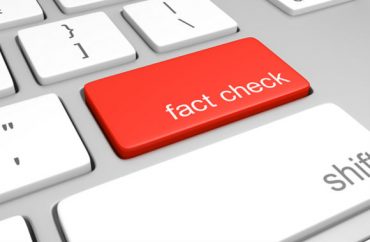
Just a few days ago, the latest College Fix cartoon was “fact checked” by Facebook’s allegedly independent fact-checkers — because it features a headstone with the words “The Cat in the Hat.”
The ‘toon is an obvious reference to several now-out-of-print Dr. Seuss titles, as well as to the “cancellation” of the author by one of the wealthiest school districts in the country … and by the president of the United States himself.
Nevertheless, Facebook flagged the image because “The Cat in the Hat” specifically is still published.
The Wall Street Journal recently faced a similar situation when it featured an op-ed by Johns Hopkins University’s Dr. Marty Makary. “We’ll Have Herd Immunity by April” was flagged by Facebook with the same label as The Fix cartoon.
“Misleading Wall Street Journal opinion piece makes the unsubstantiated claim that the U.S. will have herd immunity by April 2021,” the supposed fact-check by Health Feedback says. “Three scientists analysed the article and estimate its overall scientific credibility to be very low.”
But as the WSJ — rightly — points out, this isn’t fact checking. It’s “counter-opinion masquerading as fact checking.”
Dr. Makary didn’t present his opinion as a factual claim. He argued, based on studies and other evidence, that Americans would have enough immunity from vaccination and natural infection by early spring to sharply reduce the virus spread. He essentially made a projection, much like the epidemiologists at Imperial College and University of Washington do.
But the progressive health clerisy don’t like his projection because they worry it could lead to fewer virus restrictions. The horror! Health Feedback’s fact checkers disagree with the evidence Dr. Makary cites as well as how he interprets it. Fine. Scientists disagree all the time. Much of conventional health wisdom about red meat, sodium and cardiovascular risk is still fiercely debated.
The same goes for Covid-19. There’s still much we don’t understand about the virus and its transmission and immunity. Yet Facebook’s fact-checkers “cherry-pick,” to borrow their word, studies to support their own opinions, which they present as fact.
The WSJ proceeds to meticulously rebut Facebook’s “fact checkers,” and concludes: “Scientists often disagree over how to interpret evidence. Debate is how ideas are tested and arguments are refined. But Facebook’s fact checkers are presenting their opinions as fact and seeking to silence other scientists whose views challenge their own.”
IMAGE: David Carillet / Shutterstock.com
Like The College Fix on Facebook / Follow us on Twitter
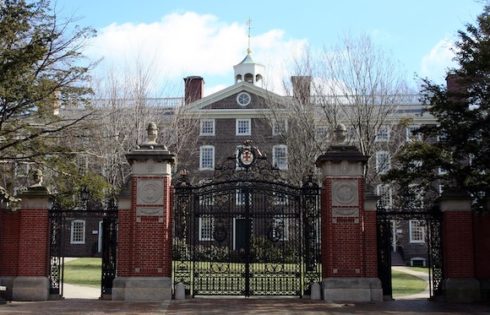
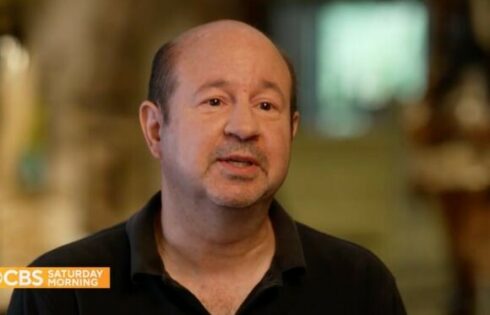
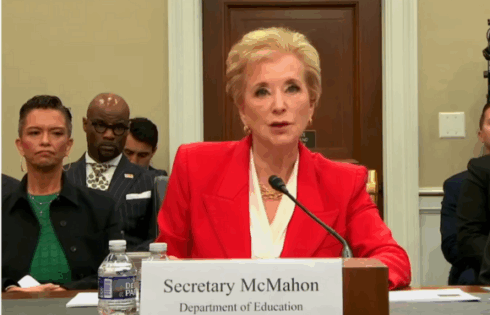
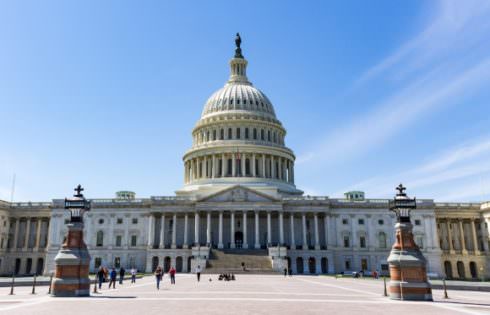
Add to the Discussion